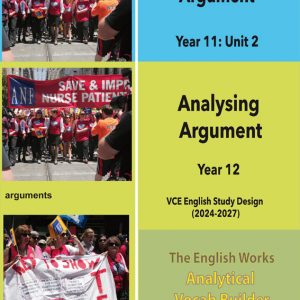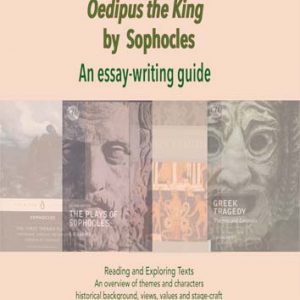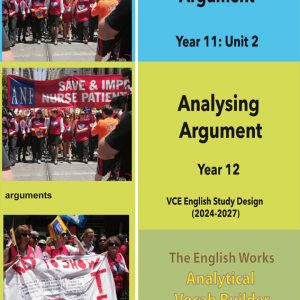From My Brilliant Career by Miles Franklin
1.
“I sat and wondered at the marvellous self-containment of the man before me.” (151)
Example of a nominal: (no verb)
Self-contained: containing within itself all parts necessary for completeness; able or tending to keep one’s feelings, thoughts, etc. to oneself, reserved; able to control one’s feelings or emotions in the presence of others; (also self-possessed: having control of one’s emotions)
2.
“His broad shoulders drooping despondently walked me to my senses”. (151)
Despondent: downcast or disheartened
Note the example of alliteration and adverbial. (Note for creative writing)
3,
“I had been fully engrossed with the intelligence of Harold’s misfortune.”
To engross; to occupy one’s attention completely, absorb;
Example of a nominal.
Learn the verbal phrase: to be engrossed with
4.
“It suddenly dawned on me that Harold had said that I was …”
Verb: to dawn – to begin to become apparent
5.
“He would be rudely disillusioned regarding the fables of love and friendship.”
To disillusion; to destroy the ideals, illusions, or false ideas of.
Note the use of the passive voice.
6.
“He would become sceptical of there being any disinterested good in human nature.”
Disinterested: free from bias or involvement; lack of interest; indifference
7.
“It would be a pity to let one so young be embittered in that way.”
To embitter: to make a person resentful or bitter; to aggravate (an already hostile feeling, difficult situation etc.)
Note the passive voice.
“I laughed long and sardonically.”
Sardonic: characterised by irony, mockery or derision
8.
“It would indeed be a depraved and forsaken man who would need your services as a stay and support.”
To forsake; to abandon;
Adj: forsaken; completely deserted or helpless; abandoned (adj.)
“I will not look at another man in a matrimonial way.”
Matrimonial; relating to marriage
9.
“It had been a fearfully hot day with a blasting, drought-breathed wind; but the wind had dropped to sleep with the sunlight, and now the air had cooled.” 160. “Irrigation had draped the place with beauty.”
“The evening was wrapped in silence – sweet-breathed, balmy-browed, summer quietude.” 161
Balmy – mild and pleasant (of weather); having the qualities of balm; fragrant or soothing
Quietude; the state or condition of being quiet, peaceful, calm or tranquil.
Note the tripling; the personification; alliteration.
10.
“I remembered – wonderful aberration from my usual thoughtlessness – that the book I had left in the hammock had a beautiful cover which the dew would spoil”. 161
Aberration: deviation from what is normal, expected or usual; departure from truth, morality etc. ; a lapse in control of one’s mental faculties.
11.
“It was a great wrench to be torn away from Caddigat”. (163)
Wrench: to give something a sudden or violent twist or pull esp. so as to remove something from that to which it is attached.
Note the passive voice: nice emphasis on the manner in which her fate is being organised by forces outside her control.
12.
The lady had “prompt businesslike propensities” 163
Propensity: a natural tendency or disposition




